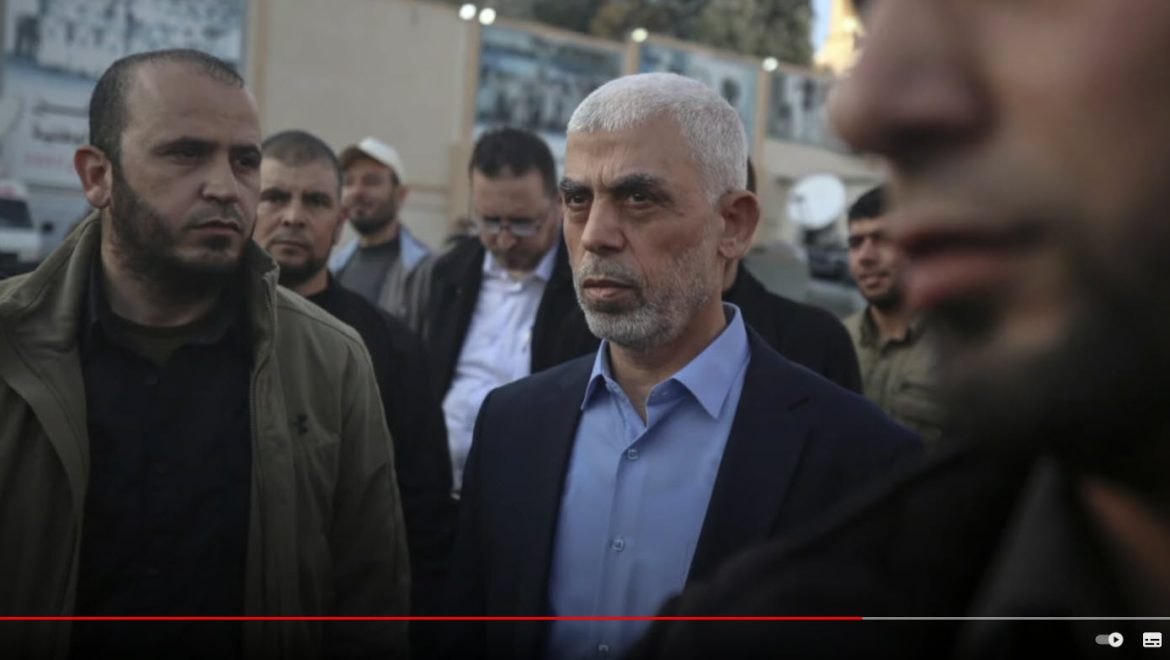President Joe Biden is calling for a ceasefire in the Middle East following the death of Hamas leader Yahya Sinwar. Speaking as he departed Berlin on his way back to the United States, Biden expressed hope that Sinwar’s killing could provide an opportunity to end the ongoing conflict between Israel and Hamas, as well as the escalating tensions between Israel and Hezbollah in Lebanon.
Biden revealed that he has dispatched Secretary of State Antony Blinken back to the region to facilitate diplomatic efforts toward a ceasefire. “We are hopeful this development will create the space needed for negotiations to move forward,” Biden stated, emphasizing the importance of de-escalation in both Gaza and Lebanon. The president’s remarks come at a critical juncture as violence continues to grip the region, with Israeli military operations intensifying and Hezbollah threatening further escalation in Lebanon.
Earlier in the day, Israeli Prime Minister Benjamin Netanyahu made it clear that the death of Sinwar, while a significant milestone, would not halt Israel’s military operations. “We will press on with our efforts in Gaza until the job is done,” Netanyahu said in a televised address. The prime minister also referenced Israel’s ongoing conflict with Hezbollah in the north, vowing to respond decisively to any further attacks from Lebanon.
In contrast, U.S. Secretary of Defense Lloyd Austin, speaking after a NATO meeting in Brussels, referred to Sinwar’s death as an “extraordinary” opportunity to broker a ceasefire. Austin echoed Biden’s sentiments, suggesting that the removal of a key Hamas leader could shift the dynamics on the ground, allowing for a diplomatic opening. He stressed the importance of taking advantage of the moment to prevent further loss of life on both sides of the conflict.
Despite the push from the Biden administration, the path to a ceasefire remains fraught with challenges. Hamas, although weakened by the loss of Sinwar, is likely to continue its resistance, and Hezbollah has vowed to escalate its attacks on Israel from Lebanon. Additionally, Israel’s determination to continue its operations complicates immediate efforts toward a truce.
Biden’s diplomatic strategy hinges on Blinken’s ability to engage regional leaders and find common ground for de-escalation. However, with tensions running high and the possibility of further violence looming, it remains to be seen whether the death of Sinwar will indeed pave the way for peace.
As the conflict drags on, international attention is increasingly focused on the humanitarian toll in Gaza and southern Lebanon. The Biden administration has reiterated its support for Israel’s right to defend itself while simultaneously urging restraint to prevent further civilian casualties. The coming days will be crucial in determining whether a ceasefire is achievable or if the violence will continue to spiral.



